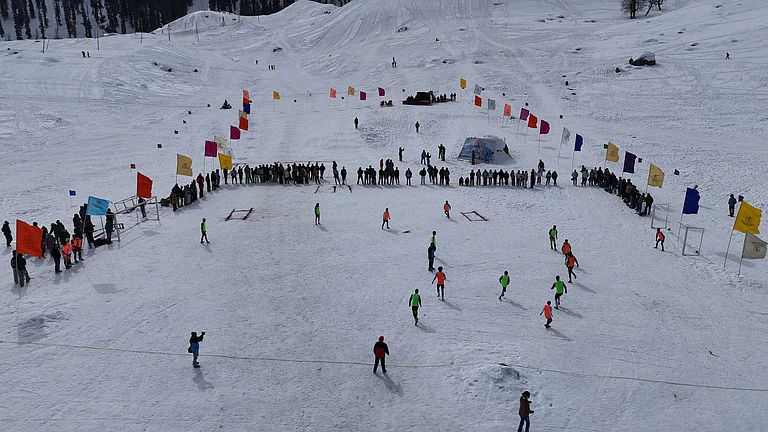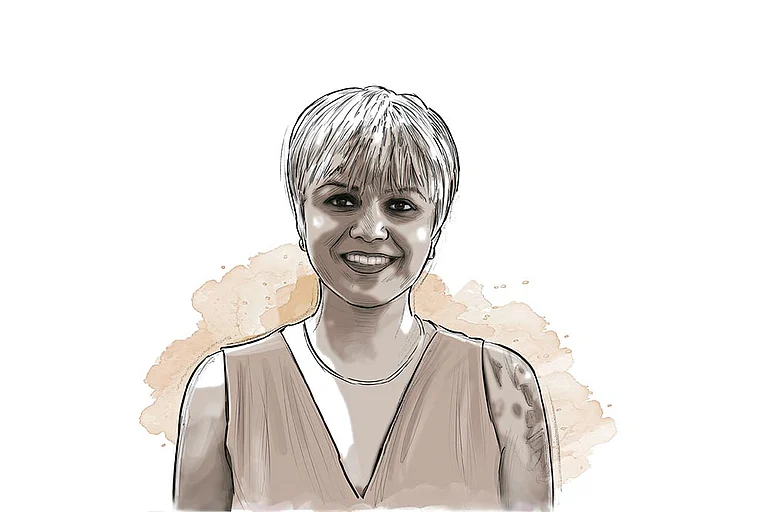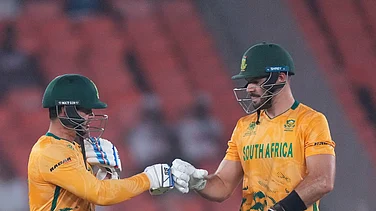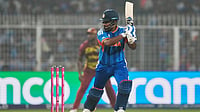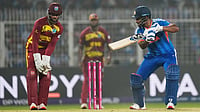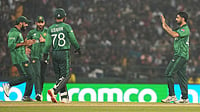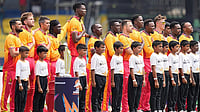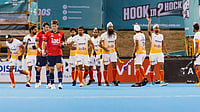
Summary of this article
PKSV Sagar believes hosting international sports events helps open trade and investment opportunities for local communities
Calls sports science essential element of "ensuring our athletes achieve their best potential and performance"
Feels Indian sports ecosystem is maturing beyond cricket "at a progressive pace"
The state of Indian sports always polarises opinion, with perspectives ranging from hopeless to bullish. However, there is little to dispute the growth story of the nation's sports economy, which today is generating jobs across a wide spectrum, be it analytics, events, fan experience or technology.
A lot has been said and written about the pros and cons of India hosting the 2030 Commonwealth Games, but according to the Federation of Indian Chambers of Commerce and Industry (FICCI)'s sports committee chair PKSV Sagar, a marquee event like that would only be "good for the business of sports to flourish".
When asked if bidding for the 2036 Olympic Games is a good idea, given the country's current socio-economic and sports infrastructure realities, Sagar tells Outlook: "Hosting international sports events is a welcome initiative to put India on the global map of sports."
He adds, "Commendable work has taken place in the last few years to develop world-class infrastructure and facilities. Such events hold a great opportunity to open trade and investment opportunities for the local communities.
"Additionally, it significantly adds impetus to encourage a sporting culture among our youth for long-term benefits across fitness, health and nutrition."
In addition to culture, investment in non-cricket sports and athletes is of the essence for grooming potential Olympic champions. The Indian Super League not drawing a single bidder for the endangered 2025-26 season is a stark reminder of that. Are the government and private players doing enough?
"The gap in investment between cricket and other sports is undoubtedly vast. But now we are encouraged to see growing interest and business opportunities across other sports as well," Sagar states.
"Our Olympic athletes performing well allows for commercial opportunities to build them as credible celebrities and heroes. With growing leagues and tournaments across other sports like kabaddi, hockey, and even emerging sports like rugby, the ecosystem is maturing beyond cricket at a progressive pace," he adds.
The Grassroots Question
But at the heart of such an ecosystem, would have to be a robust grassroots structure that offers equitable opportunities to budding sportspersons across disciplines. When can India realistically expect to have that? Sagar paints a pragmatic picture.
"Our country is vast, complex and diverse. The ongoing Khelo India initiatives, as well as efforts across state units of federations and corporate-backed initiatives, are collectively working towards developing a strong grassroots system across sports. We need to continue these efforts to build a formidable talent base, starting at an early age."
He also points out that engagement with education and sports needs to be more aligned for this to be even more effective "by percolating our efforts into the schools and colleges ecosystem".
Role Of Sports Science
With advancements in tech, sports science is also gaining importance, especially when it comes to managing athlete nutrition, injuries and perhaps also the doping menace. Sagar agrees that it need a greater focus. He says: "Absolutely, sports science is an essential element of ensuring our athletes achieve their best potential and performance.
"Our athletes need holistic support and guidance from an early stage to best manage nutrition and performance. Today, the world has moved onto a high level of adoption of technology in the athlete management systems; we need to match up to this if we want our athletes to achieve a fair playing field across global platforms."
Amid myriad challenges and obstacles, India has age on its side. Sagar posits, "Our potential is in our youth - while they represent the immense talent opportunities that can take India to a sporting super-power status, sports in turn also offer an incredible platform for our younger generations to thrive. This symbiotic relationship has massive potential when realised."




